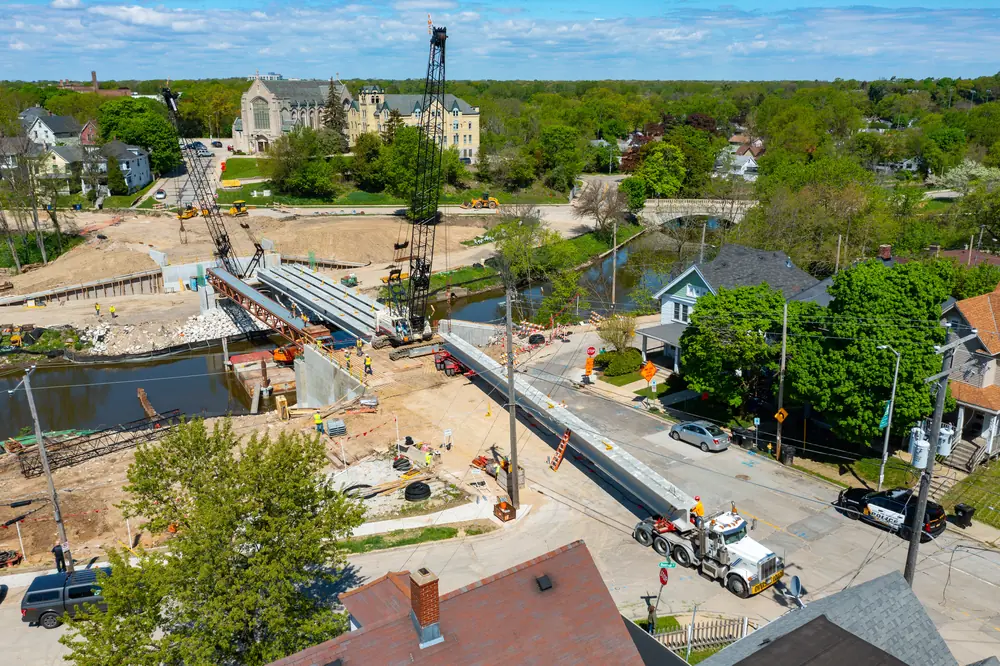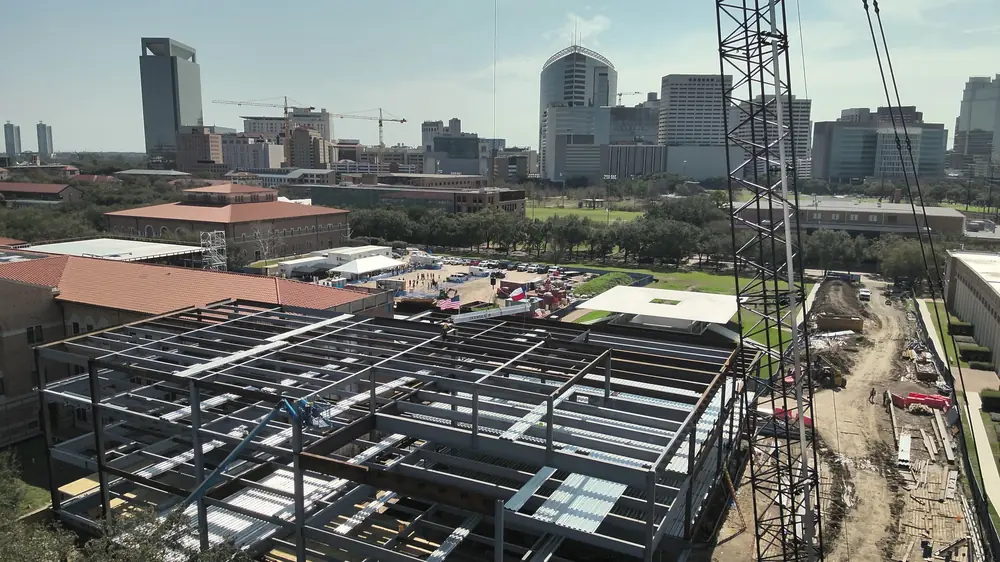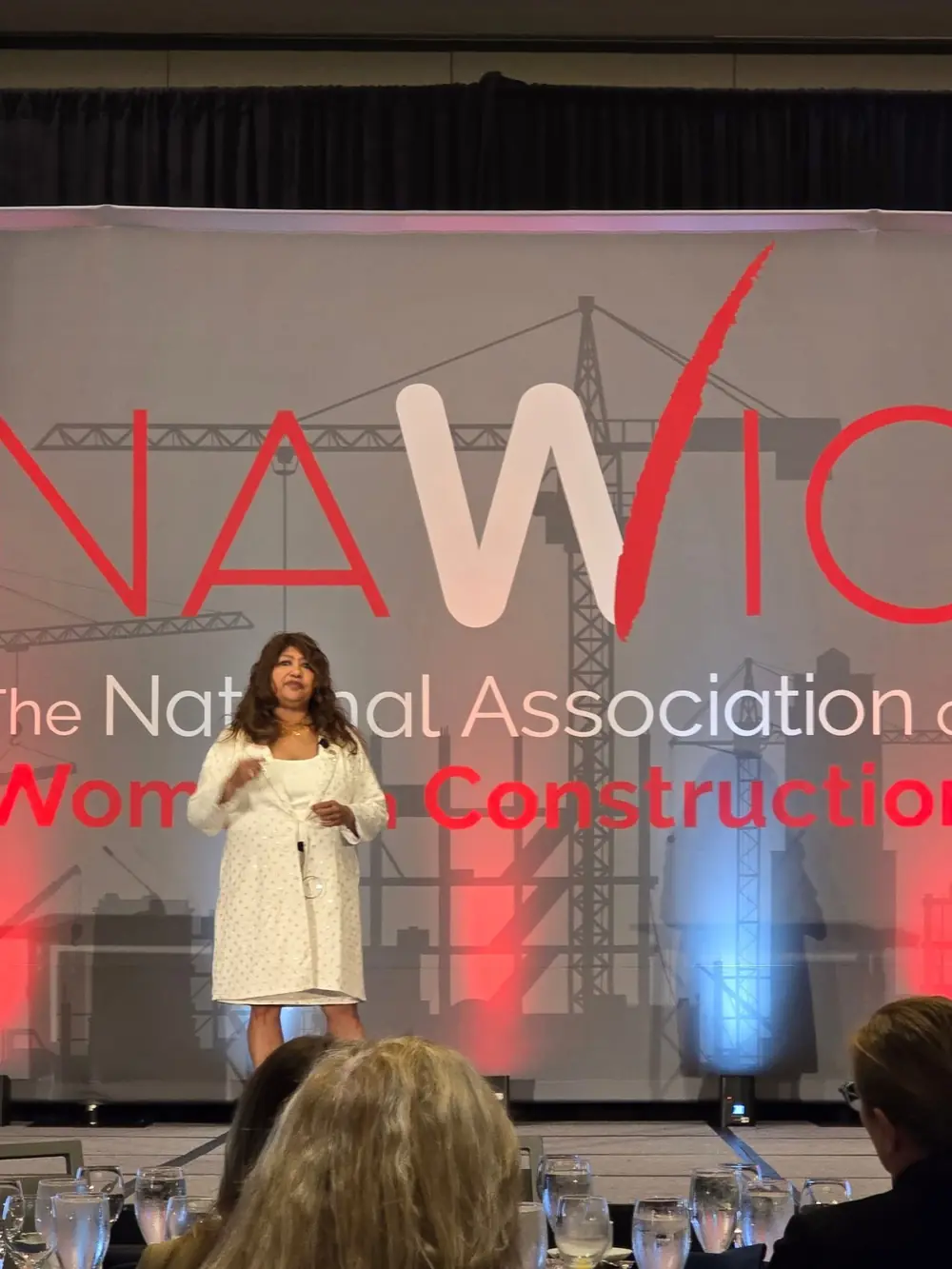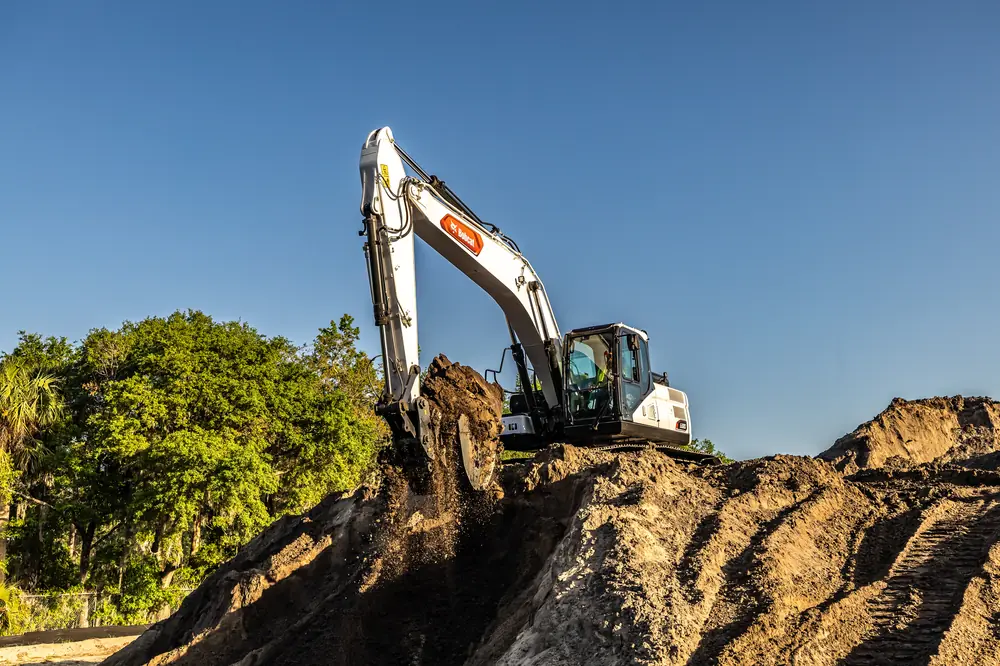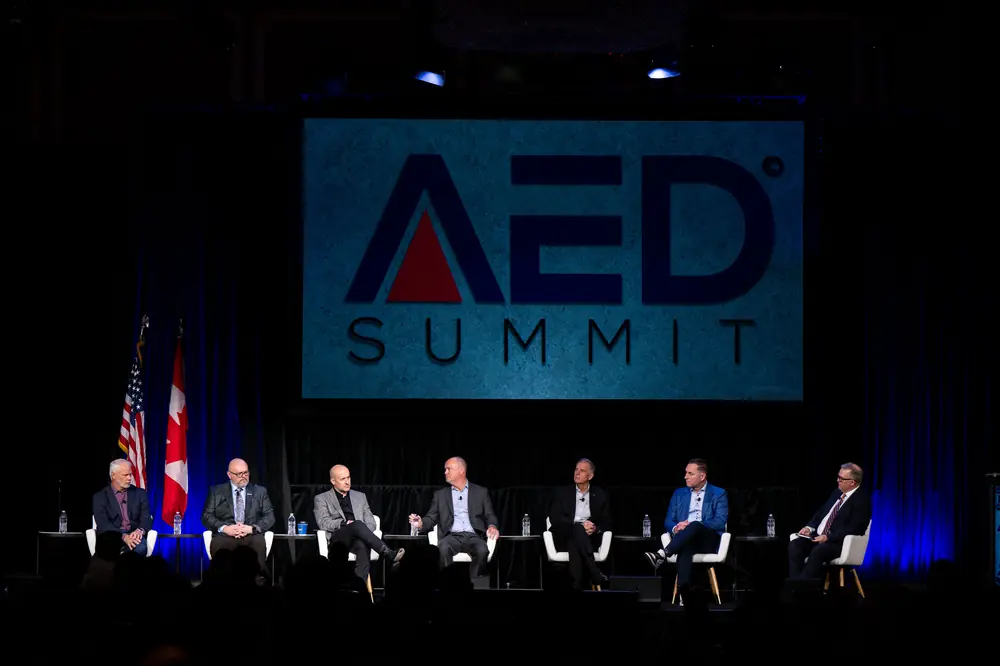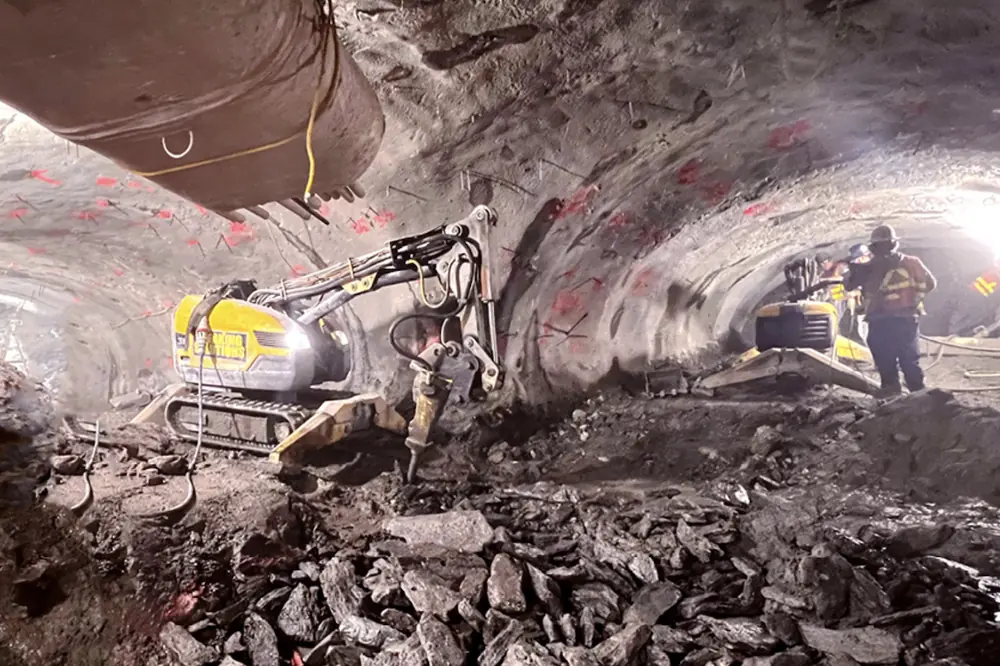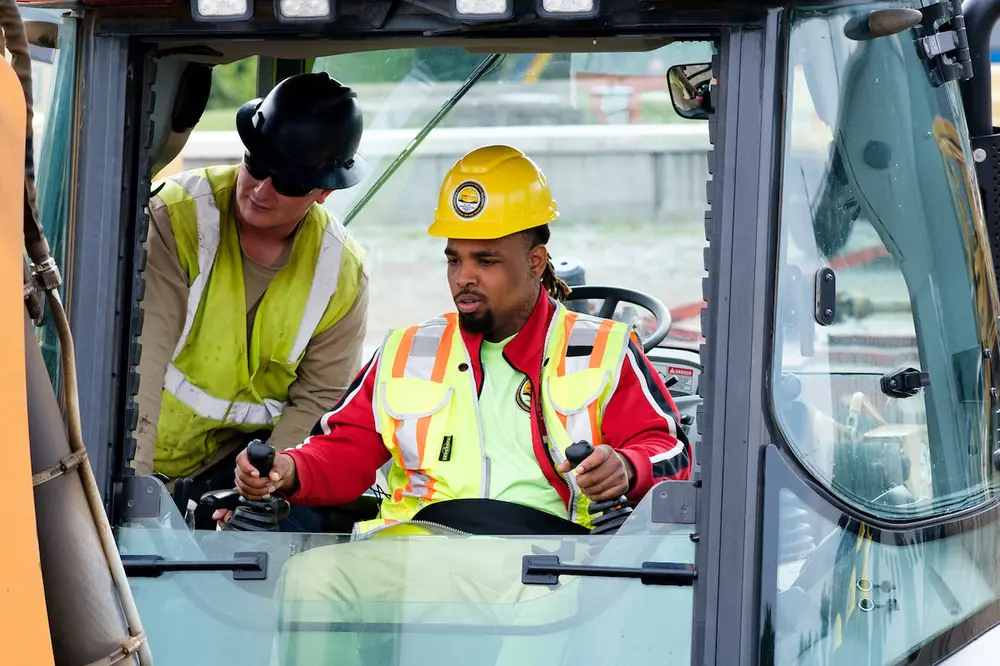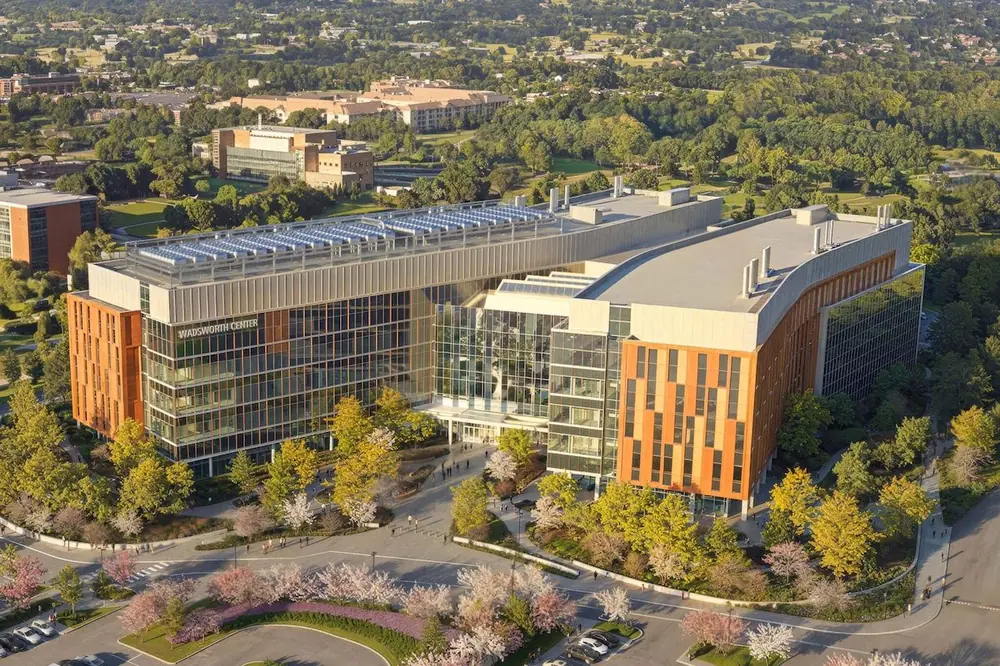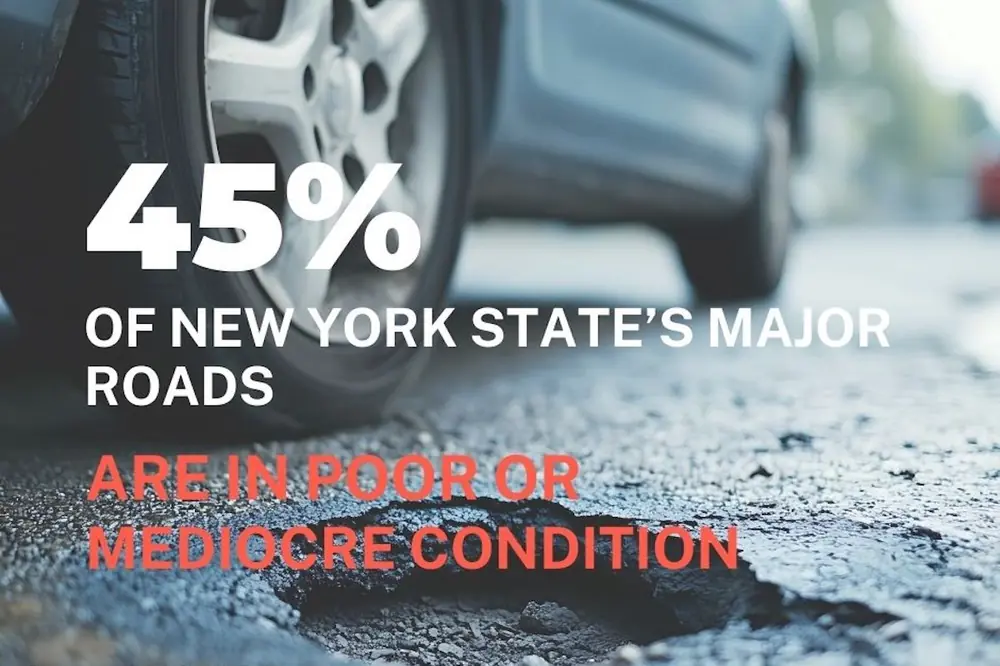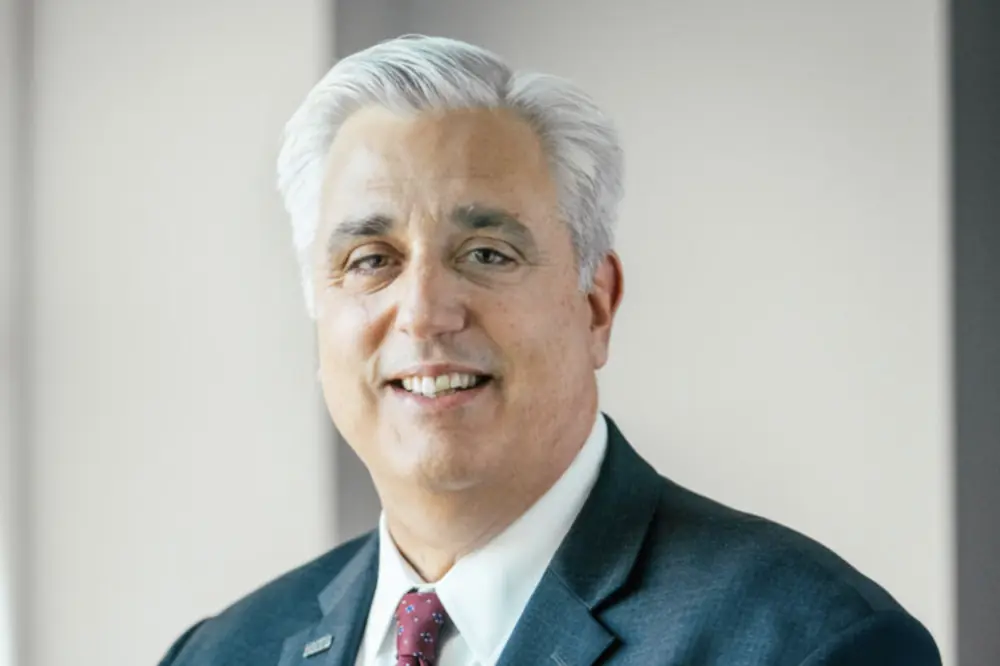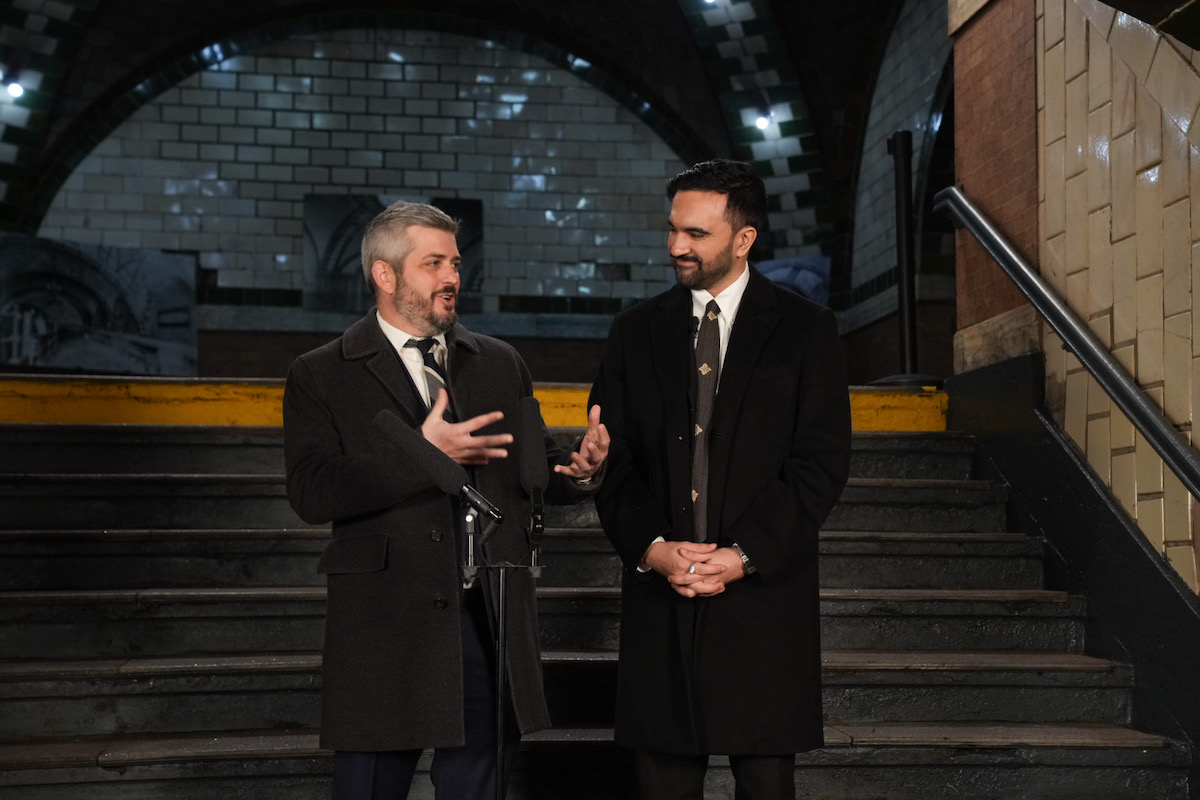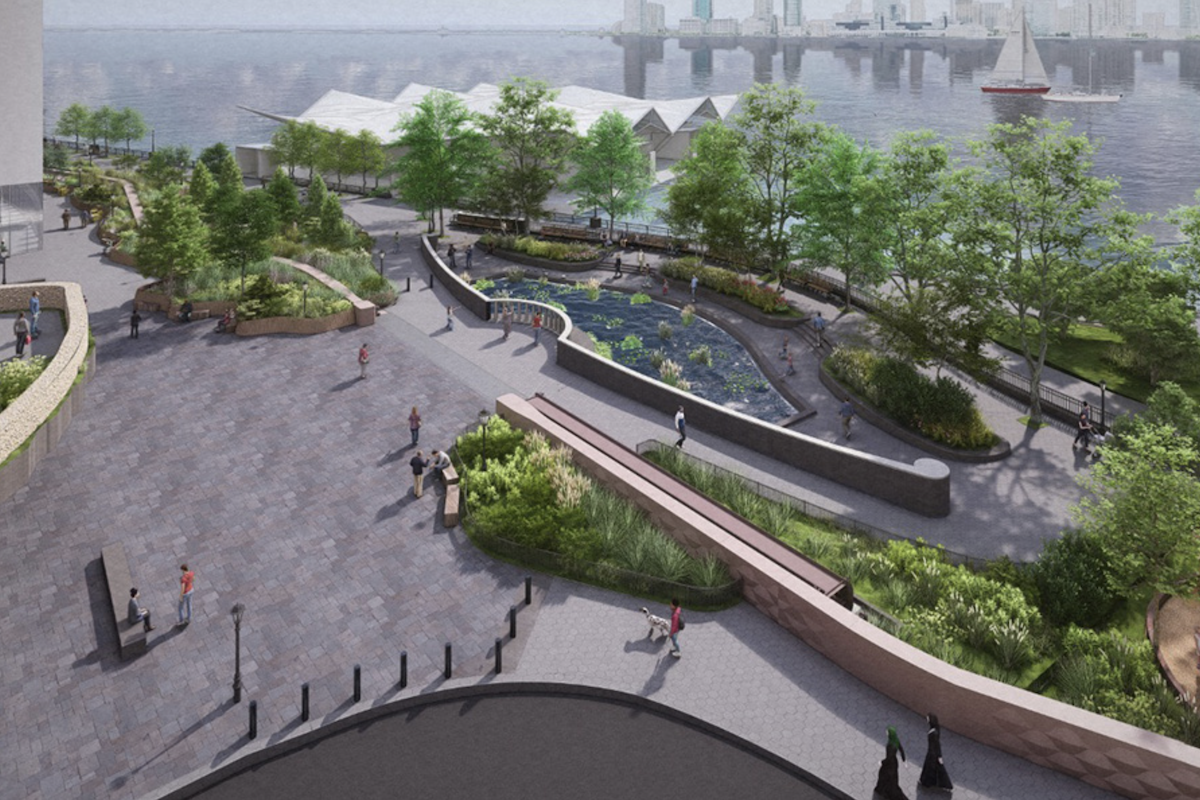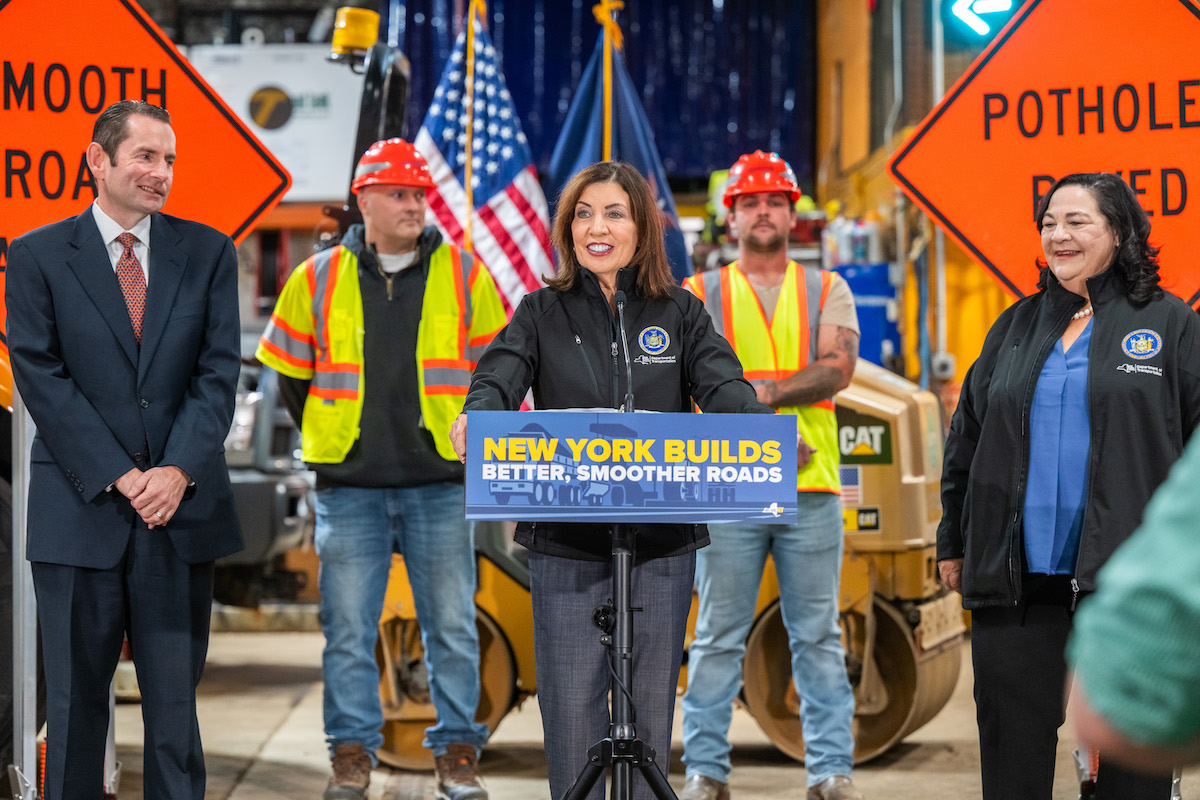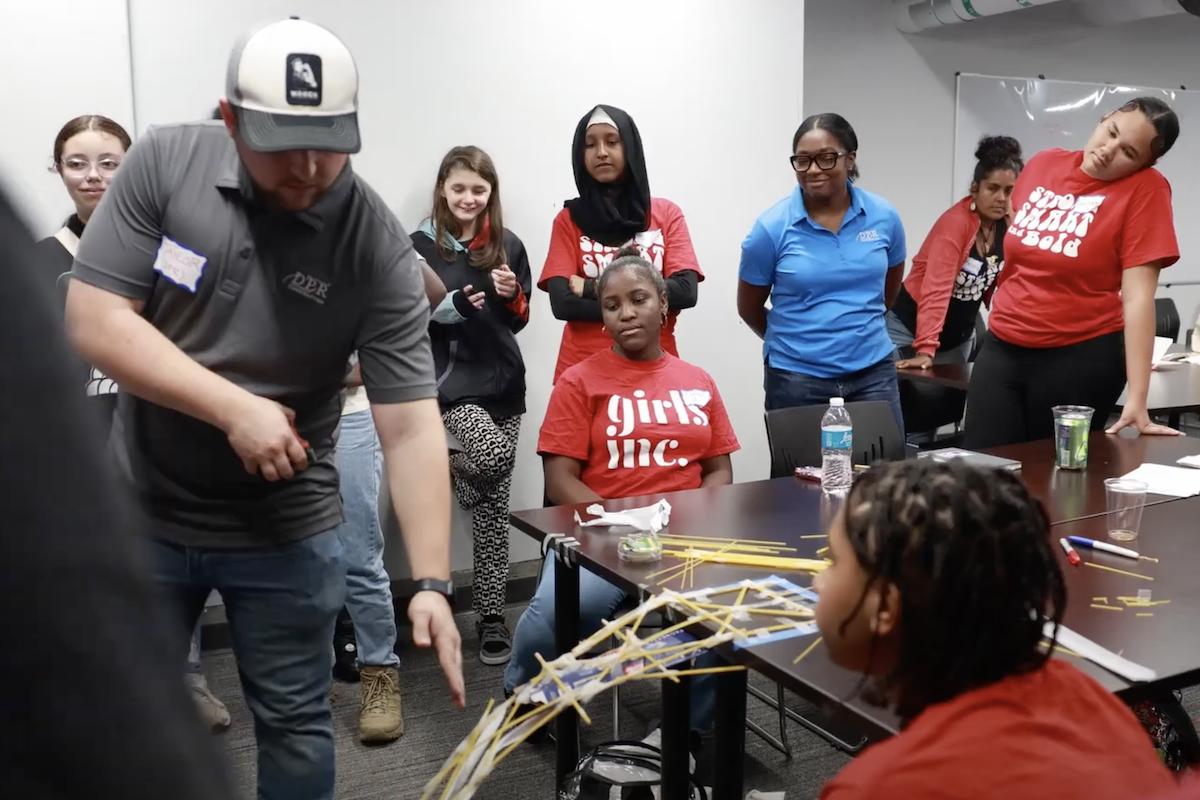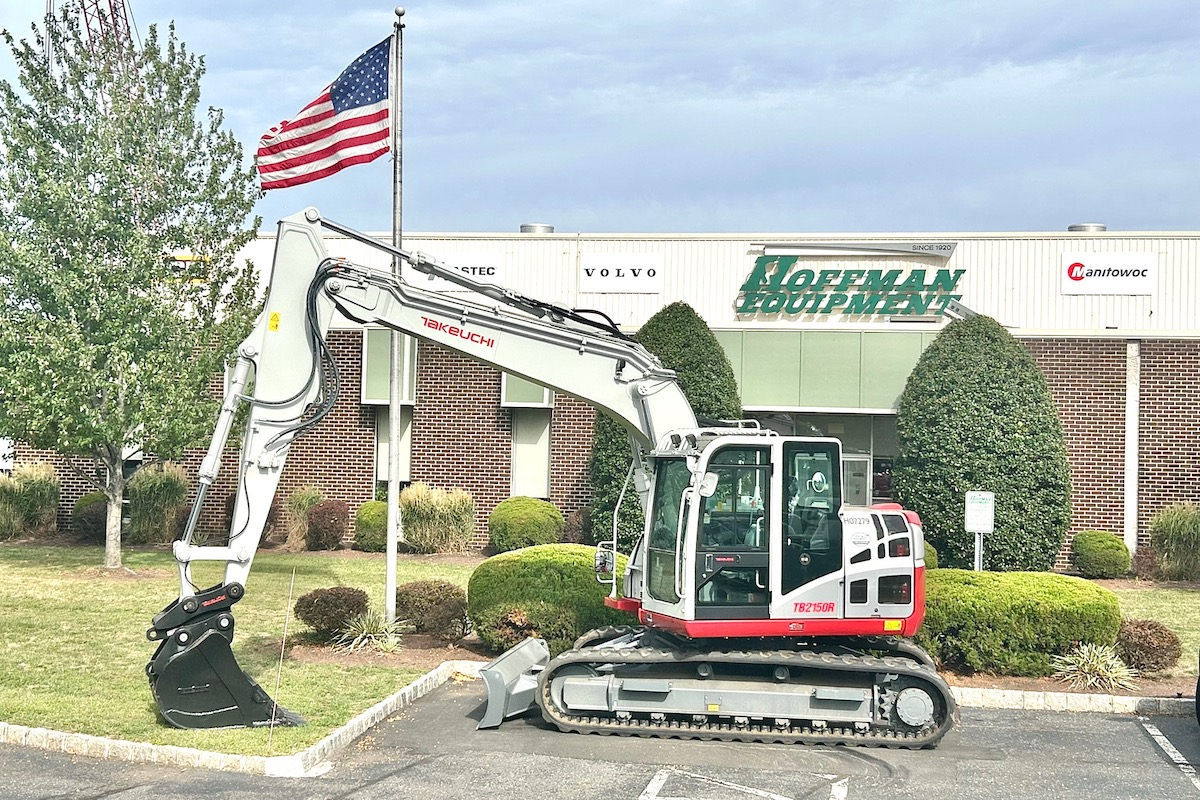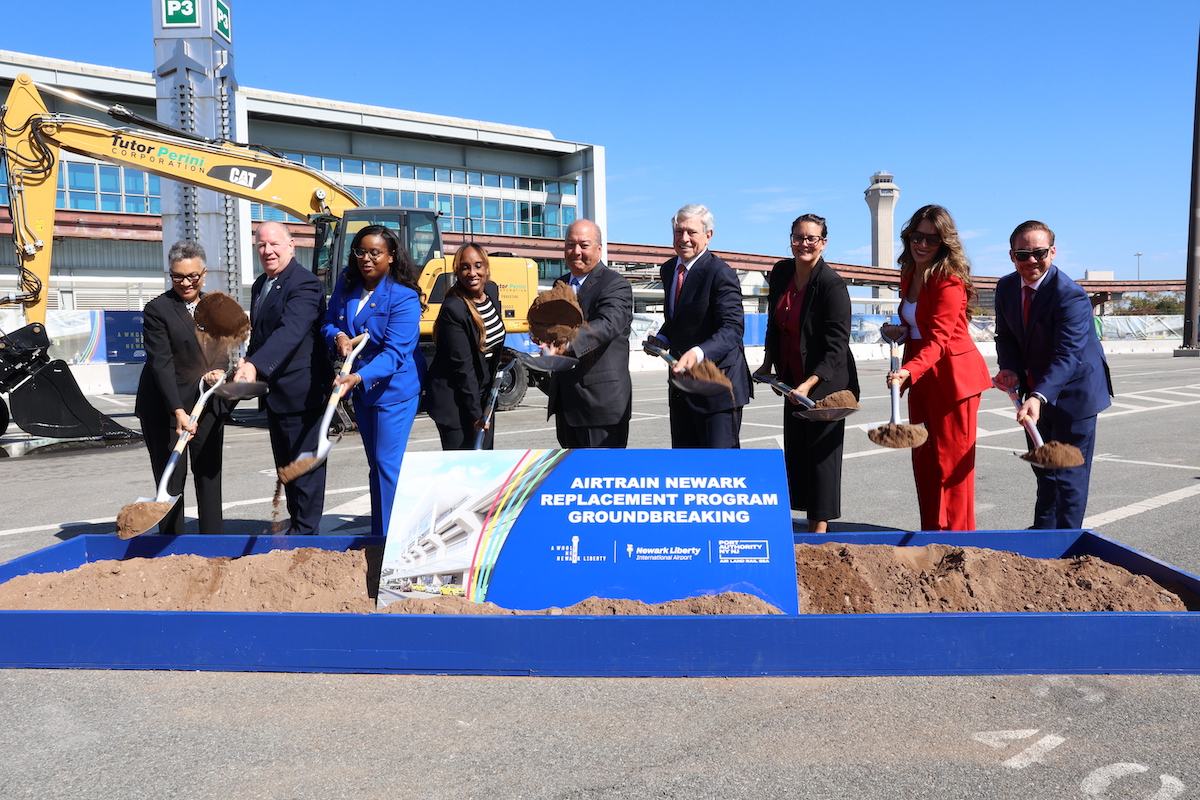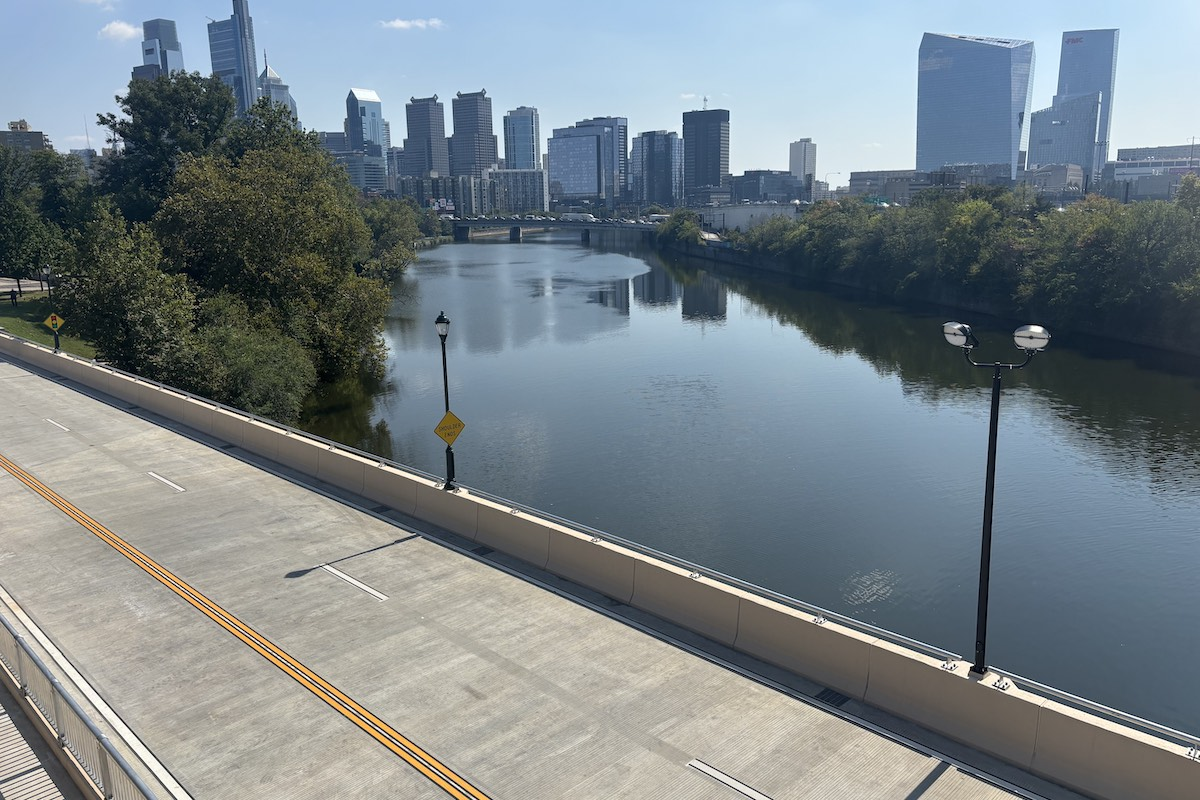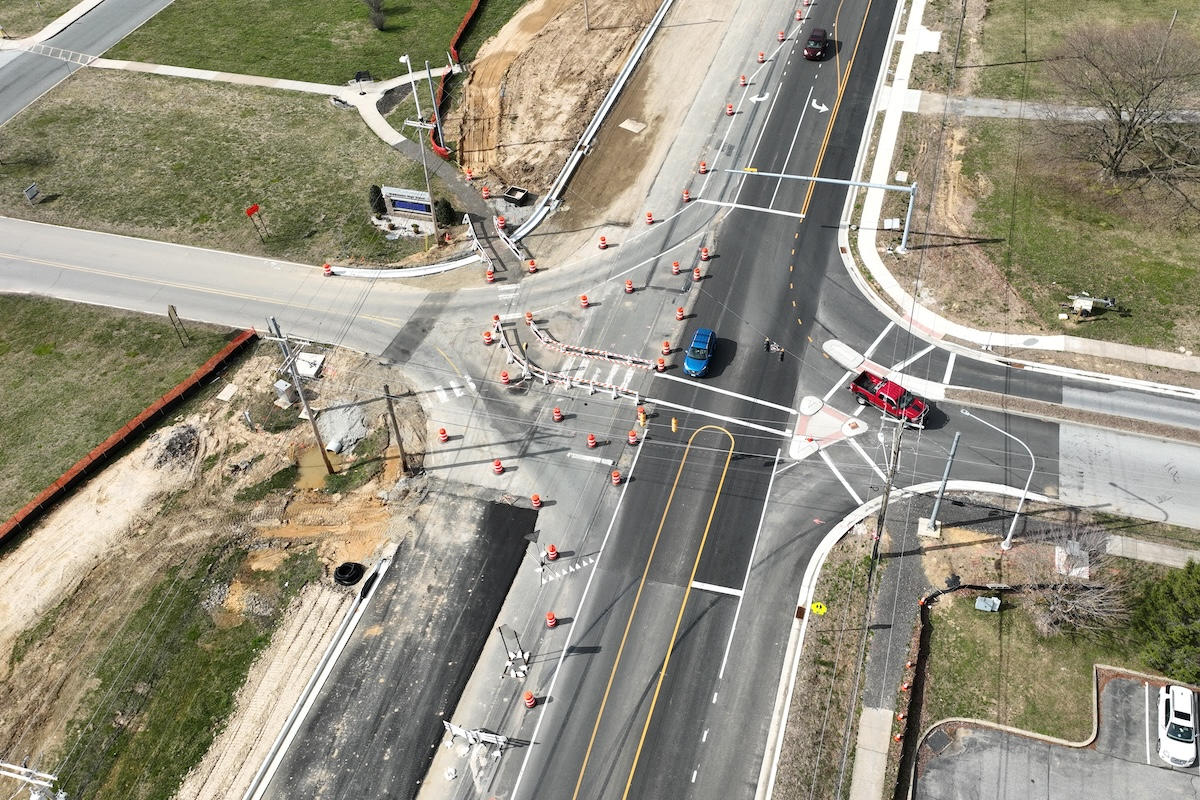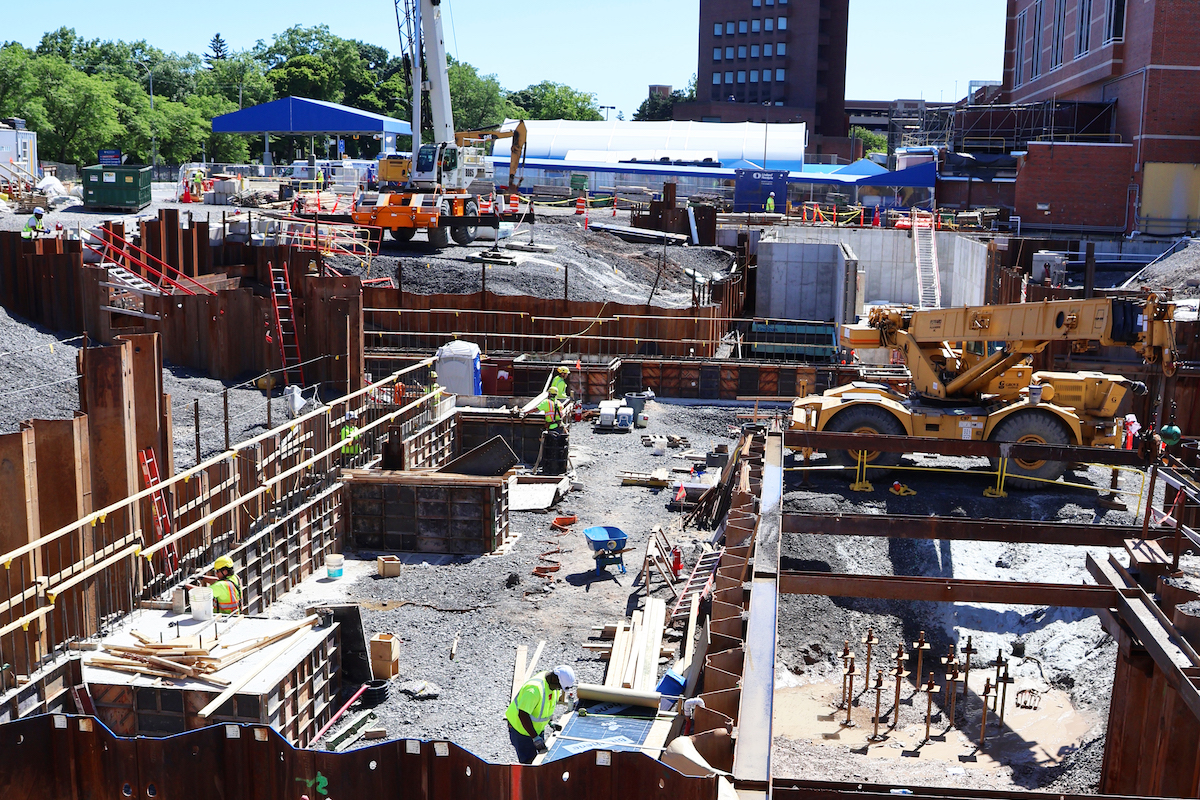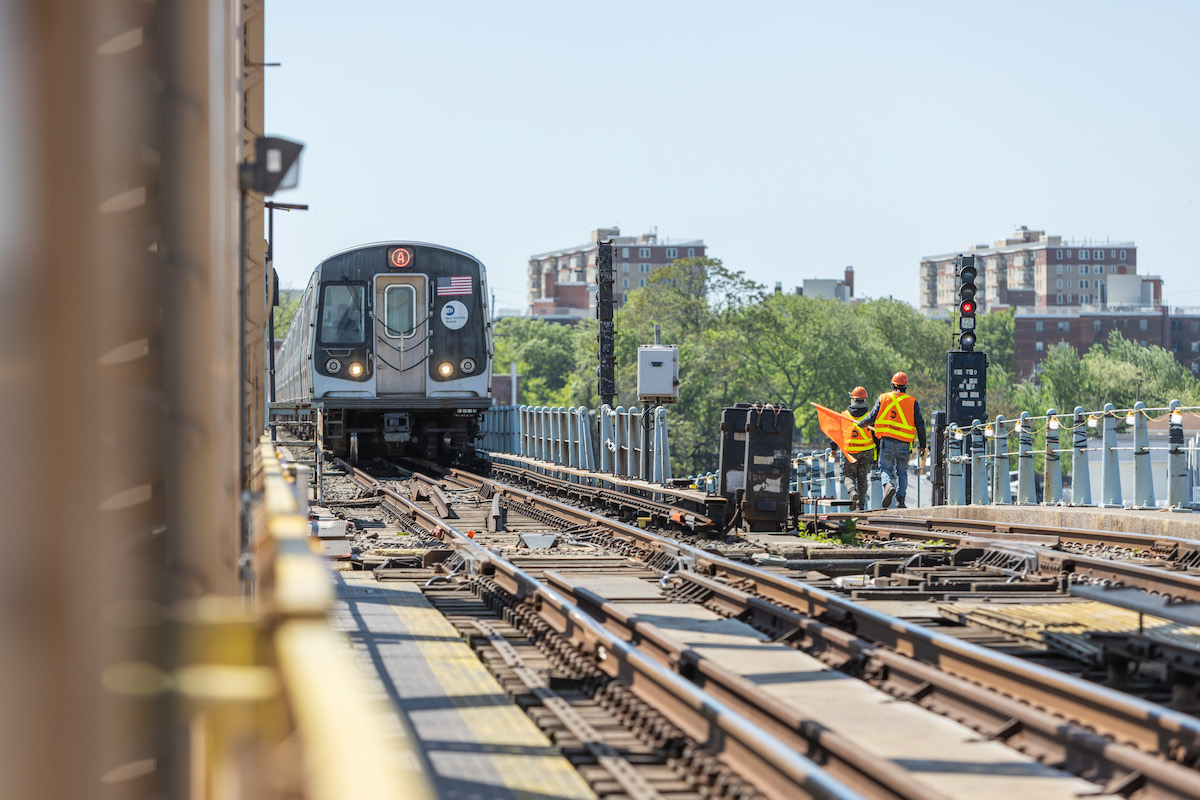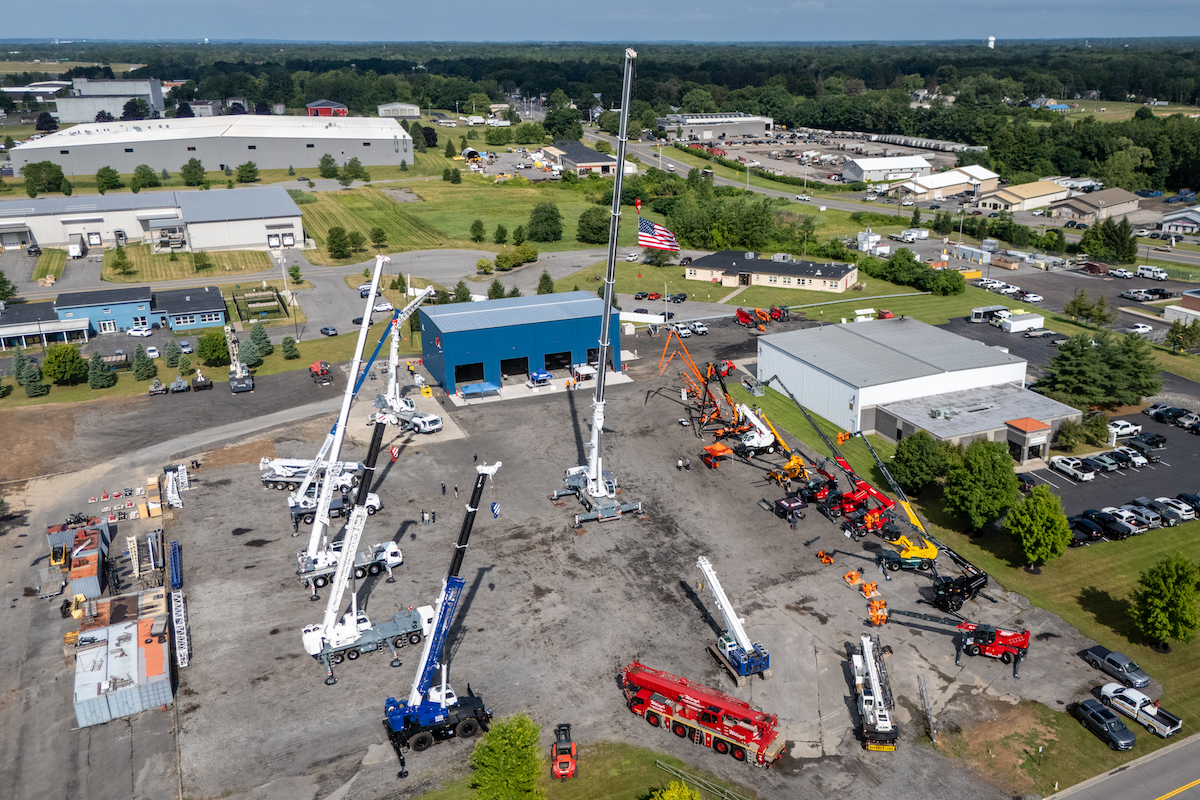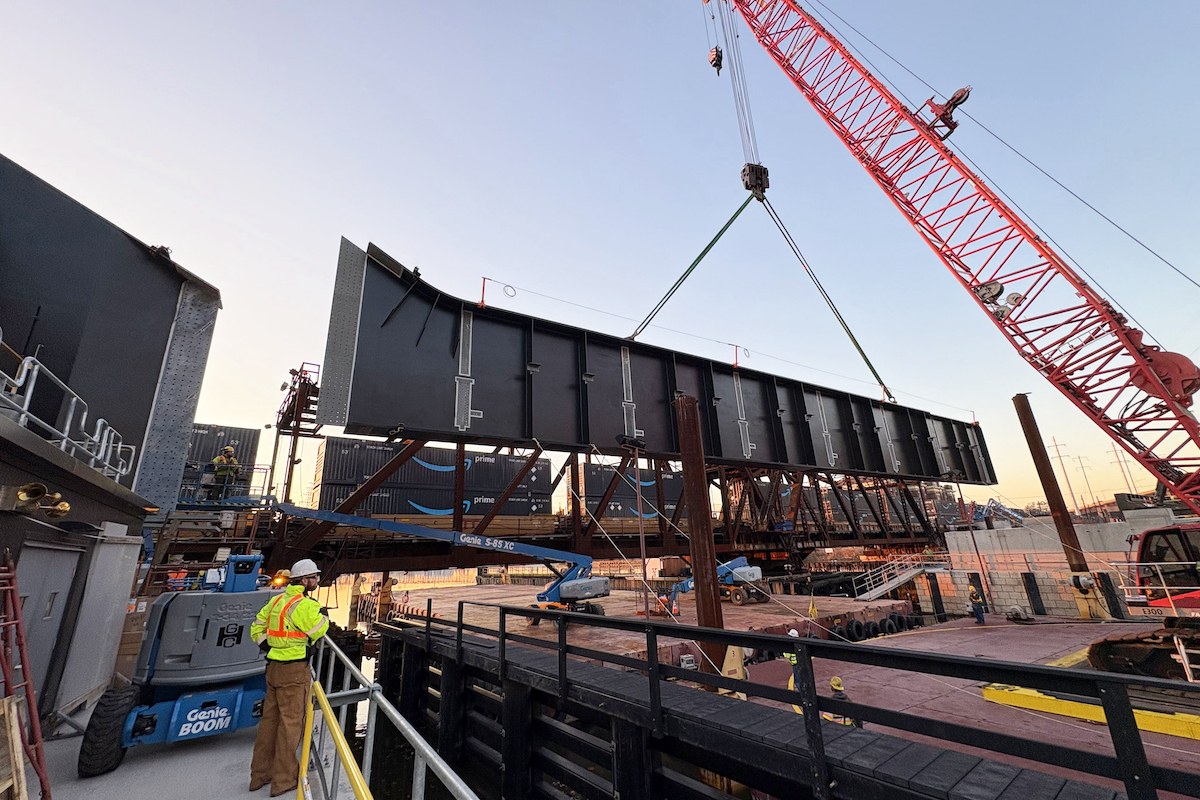“The bridge was an older truss bridge, and maintenance on it was a factor in taking on the project,” says Joel Smith, a Construction Engineer with the Kansas Department of Transportation (KDOT).
Smith reports that while the bridge opened to traffic in January, some work remains, including painting the structural steel, constructing barrier walls, and cleaning up the site.
About 25,200 vehicles traveled on the viaduct daily in 2017, but KDOT expects that will increase to 30,000 by 2037. The viaduct connects Kansas City, Kansas, with Kansas City, Missouri. It was the first bridge built connecting the two cities.
The westbound viaduct was built in 1962, rehabilitated in 1984, and still required nearly $1 million annually for maintenance, Kelly reported. It was considered safe. However, it did not meet current bridge standards.

| Your local Trimble Construction Division dealer |
|---|
| SITECH Allegheny |
| SITECH Northeast |
The 2,980-foot-long westbound reconstruction ties into Missouri’s highway infrastructure, and most of the traffic congestion during construction took place in Missouri. While the westbound lanes were closed, KDOT recommended detouring to Interstate 670, to the south of the Lewis & Clark Viaduct.
The state has plans to rebuild the eastbound lanes, built in 1907, as phase two in the future. A 2011 assessment of the nine viaduct bridges in the area concluded westbound Lewis & Clark should go first for reconstruction. A third phase will add flyover ramps to carry westbound I-70 traffic over the river, railroad tracks, surface streets, and an industrial area.
Design of the westbound bridge began in 2012 by Burns & McDonnell Engineers of Kansas City, Missouri; Wilson & Company of Kansas City, Missouri; and Confluence of Kansas City, Missouri. After meetings with stakeholders, Burns & McDonnell engineers developed an urban industrial aesthetic for the bridge in keeping with local governments’ master plan design guidelines.
The federal government provided $58.4 million for the westbound project and the state $6.5 million.
“Thanks to the collaborative work of our federal, state, and local partners, the completed Lewis & Clark Viaduct project will help keep our families safe, our communities connected and our economy running,” said Rep. Sharice Davids (D) at the opening ceremony.

| Your local Trimble Construction Division dealer |
|---|
| SITECH Allegheny |
| SITECH Northeast |
Work began early in 2018. That summer, crews demolished the old bridge, first removing the concrete and other pieces, then imploding the bridge into the river and removing the pieces from the waterway. Crews also removed the drilled shafts and H-piling foundations and other parts of the old structure.
The project was delayed for a year due to heavy flooding in 2019 in the Missouri River system. American Bridge could not work on the river piers due to the high water. However, crews worked through the winter.
“There’s a lot of work you can do in the winter,” Smith says. “And you can take advantage of the lower river levels.”
The reconstructed bridge has 20 spans with both structural steel and prestressed concrete beams. Two-thirds of the girders are steel and one third concrete. One pier is in the Kansas River, and was completed from barges. Two piers are on the west side river bank. The other 16 are on land.
American Bridge coordinated with the railroad during construction of the spans above the active railroad tracks to ensure the trains and project could stay on schedule.

| Your local Trimble Construction Division dealer |
|---|
| SITECH Allegheny |
| SITECH Northeast |
More than 55,000 feet of steel piling and 2,100 feet of drilled shafts were used for the footings. Each footing has 40 pilings.
Smith reported that pouring the deck on the river spans presented challenges, because of the “size of the spans. The deck pour sequence was starting from either end and working toward the center of the river. The concrete pour was difficult.”
The project consumed 8.8 million pounds of new structural steel, 5,400 lineal feet of new concrete girders, 21,000 cubic yards of concrete and 3.1 million pounds of reinforcing steel.
Working in the river presented some environmental challenges, in addition to standard best practices to protect the water. Crews had to thoroughly wash any equipment that came in contact with the river water to prevent transporting Zebra Mussels to other locations, Smith says. Additionally, crews could not disturb the shoreline or increase the turbidity of the water from April 1 through August 31 to protect several species of fish: flathead chub, sturgeon chub, shoal chub, silver chub, silver chub, and plains minnow.
With the now open reconstructed westbound bridge, traffic is flowing between the two cities and states, improving commutes, and the movement of goods and travelers.

| Your local Trimble Construction Division dealer |
|---|
| SITECH Allegheny |
| SITECH Northeast |
Photos courtesy of the Kansas Department of Transportation







